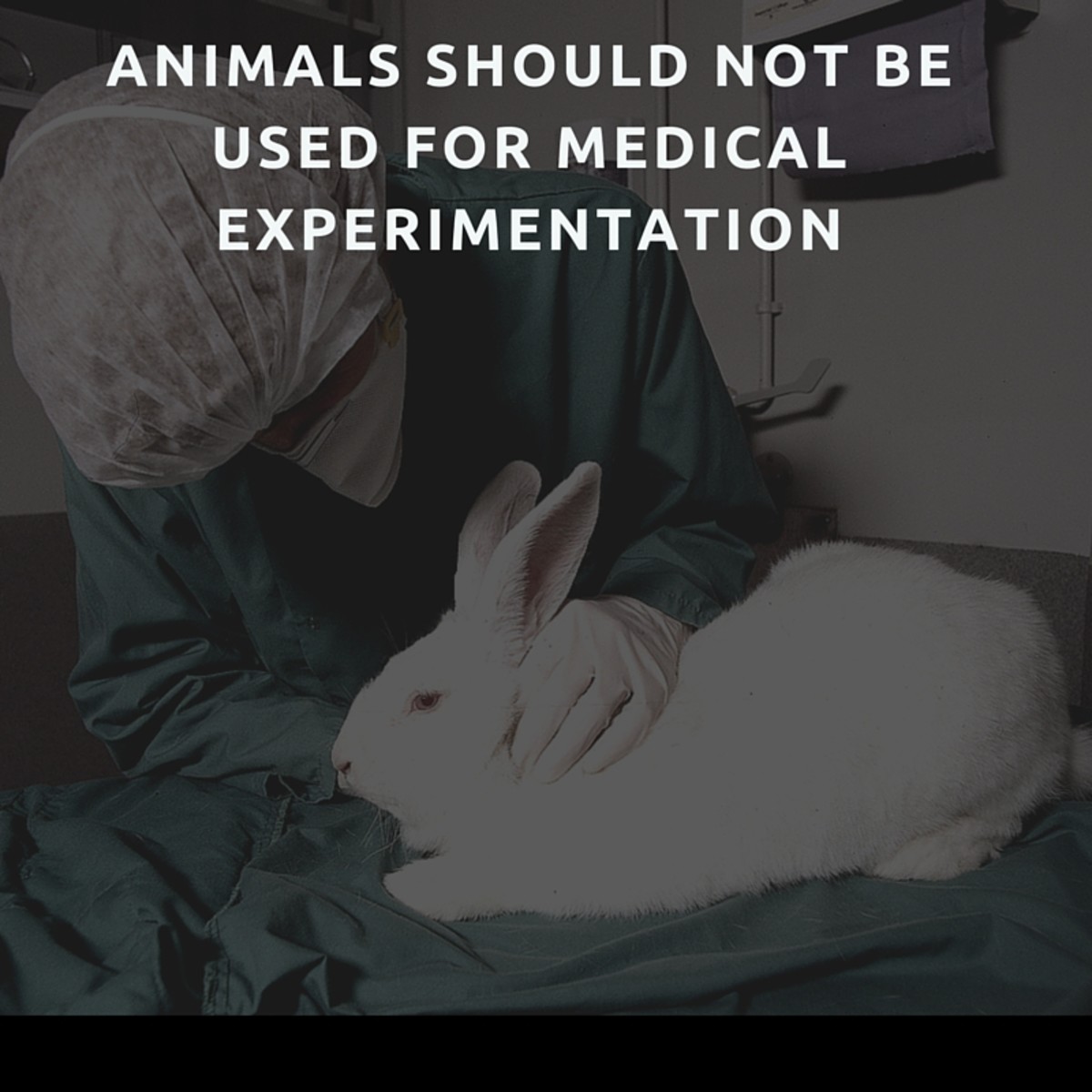A Guide to the Basic Costs of IVF
IVF Treatment Costs
IVF stands for invitro fertilization. Invitro fertilization is a process that involves removing eggs from a woman’s body, fertilizing them and then putting them back in her body. IVF is a medical procedure that may be necessary if you have certain conditions such as blocked tubes. Some people will find that they have medical coverage that will cover the cost of IVF. Most people do not have any sort of coverage for an IVF treatment. Before you begin investigating IVF, you should do a careful accounting of the cost of IVF. Treatment via IVF can be quite expensive. Learn as much as you can before you start. This will help you avoid facing an unexpected medical bill for the your IVF cost.

Testing Costs
Be prepared for multiple expenses even before you begin your IVF protocol.
Your first IVF cost is likely to stem from testing. Testing will include tests for male infertility as well as female infertility. Standard tests include blood work. Your blood is tested to look for any hormonal imbalances as well as any diseases you might have. Both partners will be tested. Another test that may be performed will be to test if your fallopian tubes are open. A dye will be inserted to check if there are any blockages or your tubes are leaking fluid that could impede a fertilized egg.
Many health insurance plans cover at least some of the cost of testing. Your local obstetrician can perform these tests first, have them covered under your medical plan, and then forward the results to a fertility specialist to help allay the costs of fertility treatment.
After your initial testing has been done you may require further testing as the cycle approaches. Your blood work might have been done a year earlier necessitating the need for new blood work. Your doctor will let you know in advance what tests you need to complete.
Fertility Medications
Once you can begin most IVF clinics will send you a bill. The bill will include all costs of IVF. Costs should include any drugs used; the doctor’s fee, the administration fee, a fee for hospitalization and the fee for the storage of embryos should you make multiple embryos.
An IVF procedure typically involves the use of drugs. Most patients begin by taking simple birth control pills to suppress their ovulatory function. As the cycle progresses they will use additional drugs. Drugs are primarily designed to control the IVF ovulation process. Fertility drugs may be covered under the terms of your health insurance plan. If you require more drugs that can add to your IVF costs. Most patients can expect to take fertility drugs for at least ten days once the cycle has started.
Your doctor will charge you a fee. This fee includes all medical attention as well as any necessary monitoring. An administration fee will cover all paperwork involved in the procedure such as consent forms.
Hospitalization Fee
The hospitalization fee includes anesthesia for harvesting the eggs. Some IVF clinics will do this part of the IVF protocol under minimal anesthesia thus reducing your IVF costs.
After the IVF treatment has been completed you may get pregnant. You may also have extra embryos. The embryos can be stored if you want to attempt additional pregnancies. You will be charged a separate cost for this storage. The IVF cost for storing your embryos will be charged on a yearly basis. If you stop storing the embryos you can discard them. You can also donate them for research or for other couples to adopt.
Make sure you have all IVF costs in writing at least three months before you begin. Any reputable IVF clinic can give you a list of the exact costs you will face. This should allow you to determine which IVF clinic is right for your physical and financial needs.
IVF Costs
Commonly Used IVF Drugs
- Commonly Used IVF Drugs
IVF is a form of treatment for infertility. IVF is a procedure that involves the stimulation of a woman's ovaries. Treatment is designed to help her produce more eggs and thus increase her chances of having...








